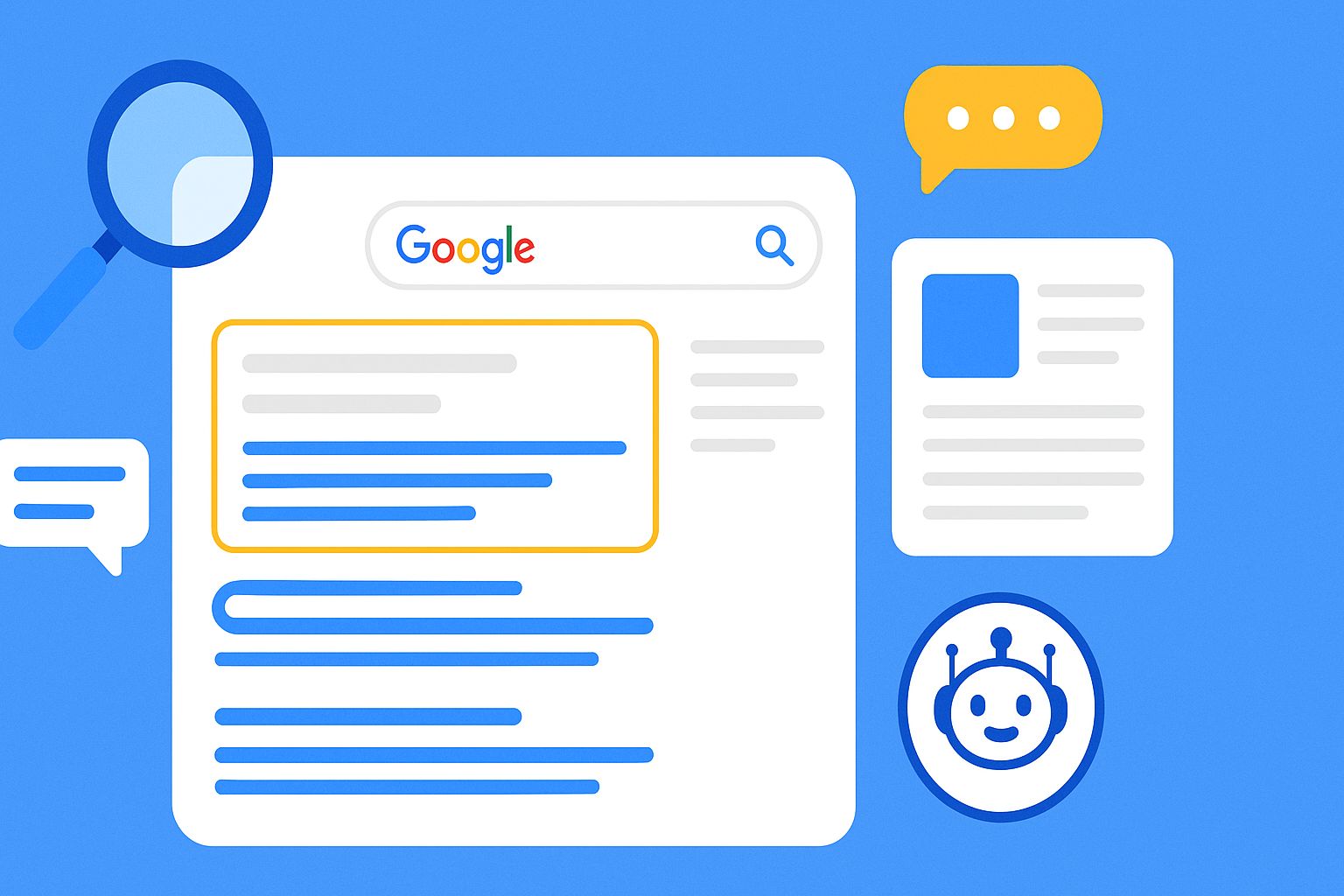
Social Media Algorithms 2025: What...
August 19, 2025



Imagine this: you spend hours crafting the perfect blog post, optimizing every keyword, and ranking on the first page of Google—only to realize that nobody’s clicking through.
Welcome to the world of Zero-Click Searches.
In 2025, more than 65% of Google searches end without a single click. From featured snippets to instant answers and voice assistants, search engines now serve up information so well that users often don’t need to visit your site.
At Digital Tale, we believe this isn’t something to fear—it’s something to master. If you want to stay visible when clicks dry up, you need to rethink SEO as Showcase Engine Optimization, not just Search Engine Optimization.
Let’s break down why zero-click searches are booming, and how your brand can win attention—even when users don’t click.
Zero-click means exactly that: the answer appears directly in the search results—no need to click through.
Common examples:
Search engines are becoming answer engines. And if you’re not the answer, you’re invisible.
Write your content in clear Q&A format:
Your goal? Become the answer search engines trust.
These appear below the top search results and are a goldmine for visibility:
Many zero-clicks are local: “Restaurants near me”, “Digital marketing agency in [city]”.
Make sure your Google Business Profile is complete, your reviews are strong, and your local keywords are on point.
If clicks are dropping, measure success differently:
Brand awareness is the real ROI of zero-click SEO.
Voice assistants pull answers from featured snippets. So, optimizing for voice search is like future-proofing for zero-click too:
It’s tricky! You’ll need to track:
Zero-click searches aren’t the end of SEO—they’re its next evolution.
In a world where information comes instantly, the brands that win aren’t the ones shouting for clicks. They’re the ones that show up first, answer best, and stay trusted.
At Digital Tale, we help brands get found—whether that’s on a search results page, in a smart speaker’s answer, or in the mind of your customer.
Because in this new era, your audience might not click.
But they’ll remember you.
Leave A Comment